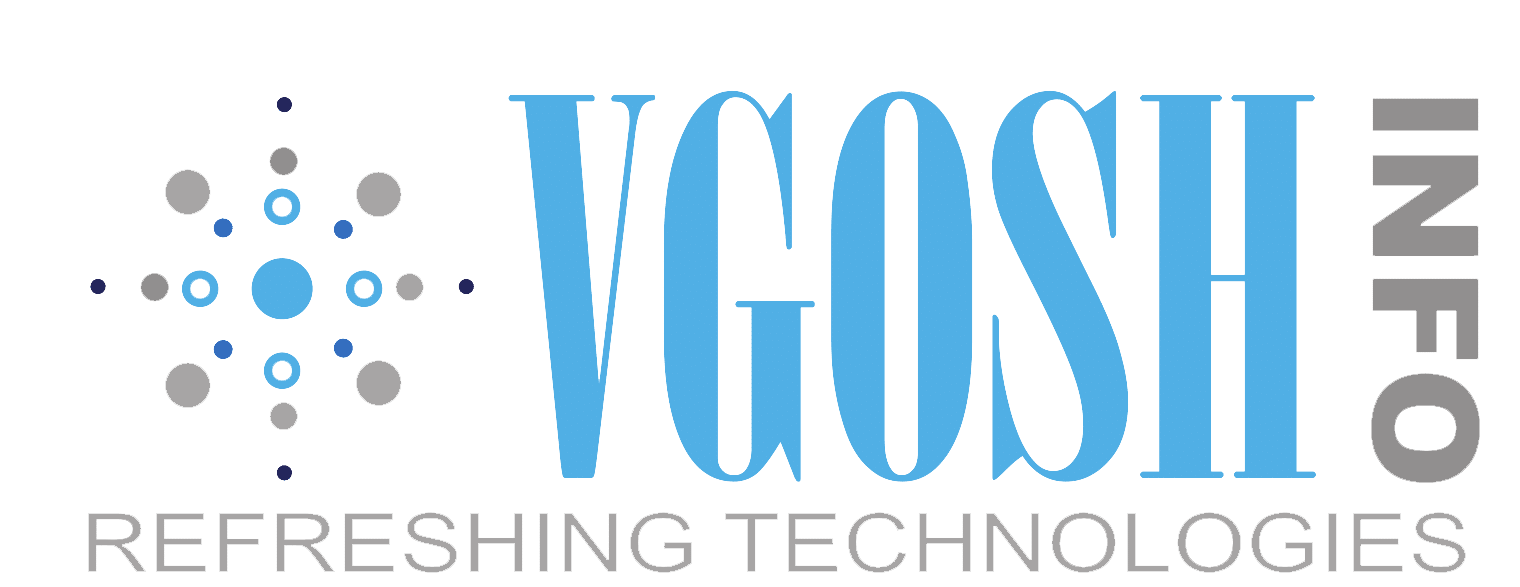In-App Encryption: Real-Time Data Protection in the Singapore Context
In today’s data-driven world, mobile apps handle sensitive user information, including personal details, financial transactions, and location data. Protecting this data from unauthorized access and misuse is paramount for safeguarding user privacy, maintaining trust, and ensuring compliance with stringent data protection regulations.
In Singapore, where data privacy is highly valued, in-app encryption has emerged as a critical tool for real-time data protection.
Understanding In-App Encryption
In-app encryption safeguards user data by scrambling it into an unreadable format, preventing unauthorized individuals from accessing and deciphering it. Encryption algorithms transform data into ciphertext, which can only be decrypted using the correct cryptographic key. This encryption process protects data both at rest when it is stored on a device or server, and in transit, when it is being transmitted over a network.
Benefits of In-App Encryption
In-app encryption offers several significant benefits for data protection:
- Data Confidentiality: Encryption ensures that sensitive user data remains confidential and protected from unauthorized access, preventing data breaches and leaks.
- Data Integrity: Encryption safeguards the integrity of data, ensuring that it remains unaltered and unmodified during transmission and storage.
- Compliance with Data Protection Regulations: In-app encryption aligns with data protection regulations, such as Singapore’s Personal Data Protection Act (PDPA), which mandates robust data protection measures.
Types of In-App Encryption
There are two main types of in-app encryption:
- Symmetric Encryption: Symmetric encryption uses a single key for both encryption and decryption. While simple and efficient, it requires secure key management to prevent key exposure.
- Asymmetric Encryption: Asymmetric encryption, also known as public-key cryptography, utilizes a pair of keys – a public key for encryption and a private key for decryption. This approach offers stronger security but can be computationally more demanding.
In-App Encryption in the Singapore Context
Singapore’s PDPA sets forth stringent data protection principles that organizations must adhere to when handling personal data. In-app encryption plays a crucial role in complying with these principles, particularly the principles of security and data minimization.
- Security Principle: The PDPA requires organizations to implement appropriate security measures to protect personal data from unauthorized access, use, disclosure, alteration, or destruction. In-app encryption effectively fulfills this requirement by safeguarding data confidentiality and integrity.
- Data Minimization Principle: The PDPA mandates that organizations only collect personal data that is adequate, relevant, and limited to what is necessary for the stated purpose. In-app encryption supports this principle by limiting the exposure of sensitive data and preventing the collection of unnecessary information.
Implementing In-App Encryption
To effectively implement in-app encryption, organizations should follow these guidelines:
- Choose Appropriate Encryption Algorithm: Select a strong and well-vetted encryption algorithm that is suited for the specific application and data type.
- Key Management: Implement secure key management practices, including key generation, storage, and distribution, to prevent key compromise.
- Encryption Scope: Encrypt all sensitive data, both at rest and in transit, to ensure comprehensive protection.
- Regular Security Audits: Conduct regular security audits to identify and address potential vulnerabilities in the encryption implementation.
Data Protection at Your Fingertips
Finally, In-app encryption empowers organizations in Singapore to safeguard user data in real time, ensuring compliance with data protection regulations and fostering trust with users. By prioritizing in-app encryption, organizations can protect sensitive information, prevent data breaches, and contribute to a more secure digital ecosystem in Singapore.





